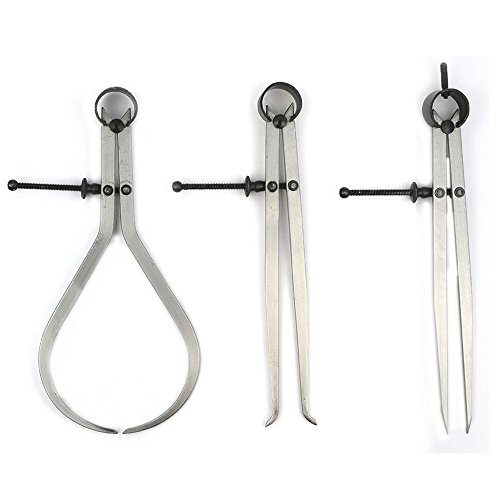My point! we all need to figure out what works for us. And it is fine to share that. But we all need to realize that our best choice may not be someone else's best choice. And respect others views and choices.
Tin
Indeed. There are a lot of different variables that go into each "home shop" as well as the projects we each take on.
For us still working stiffs, time is the biggest obstacle. It is, afterall, a hobby, and work, family, household chores, etc. have to come first.
I went to an auto mechanic trade school, the first lesson on the first day was sharpening drill bits. You were graded on how well it produced a ribbon chip when you were done with it. To this day, I will resharpen my own drills above 3/8 or so, but below that size its not really worth my time as they are too cheap to replace.
I grind my own lathe toolbits on a standard old import bench grinder, so again, for sizes 5/16 and less its not much trouble, but for general work and larger sizes I use inserts most of the time. If I could afford to part with the cash for a "real" toolbit grinder I would probably use them more.
I used the lantern toolpost for years, but time was of essence, and I wasted plenty learning how un-rigid my setup was. I built my own toolpost holder because it saved time setting tool heights that had to be adjusted depending on how heavy a cut I was taking.
I worked for years without a DRO, but time again loomed in the background. I could not always break myself of the habit rushing through certain things. There is plenty of backlash that I didnt always compensate for correctly, and I swear those dial markings are getting smaller every year. I saved up and bought a DRO last year. I spend most of my time cutting now, and not wondering where the table actually is. I make less scrap, center work effortlessly, and switch glasses far less often. If I had fresh leadscrews, half nuts, and saddle ways I might not have had to invest in the DRO, but it has made me more productive, and made things much more enjoyable.
All these decisions were made to address specific problems. Anticipating problems is always a worthwhile exercise, but will rarely be 100% effective. In reality, there are just too many things, from too may different branches of science to account for. For someone starting out in the hobby, I would say do what you can with what you have. Even if its just a file and a drill. Let practical experience determine your needs. The difference between you and that grizzled veteran over there is he has made a whole lot more scrap then you. In this business, you have to fail to learn, because the most valuable thing you learn (aside from safety) is where your own thought processes failed to account for some variable.



















































![DreamPlan Home Design and Landscaping Software Free for Windows [PC Download]](https://m.media-amazon.com/images/I/51kvZH2dVLL._SL500_.jpg)








